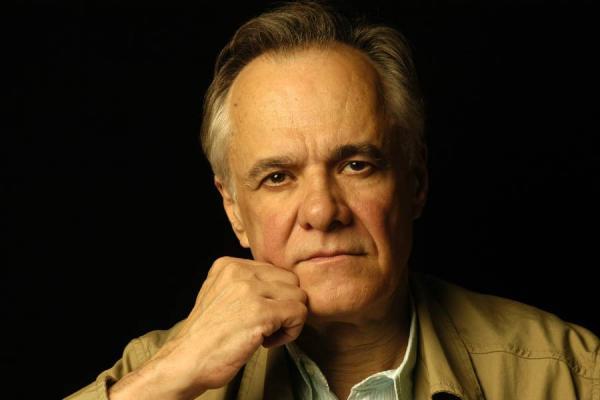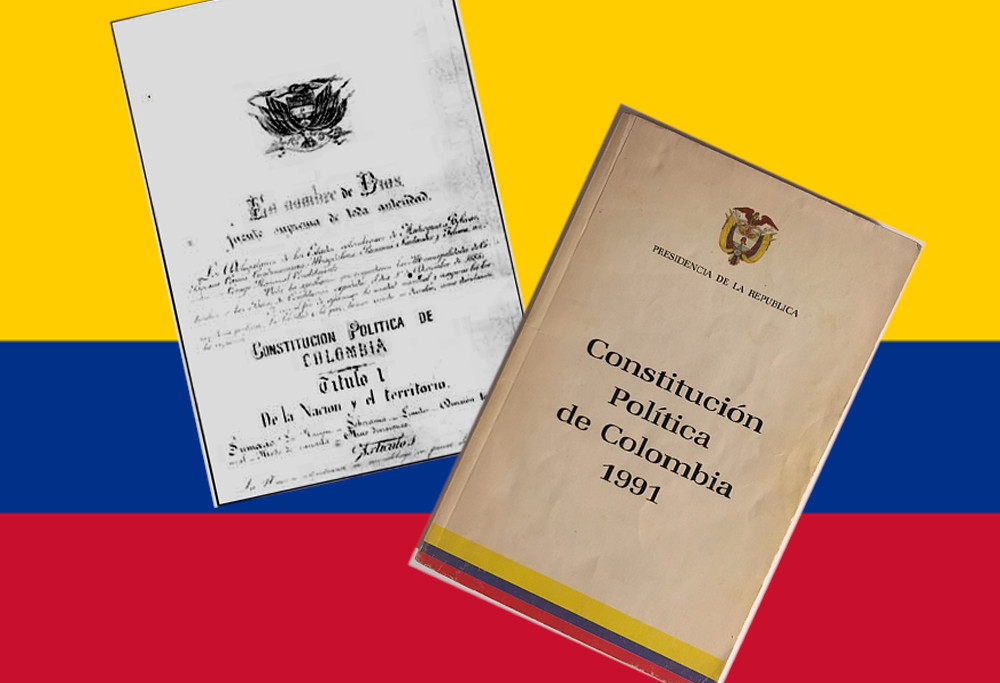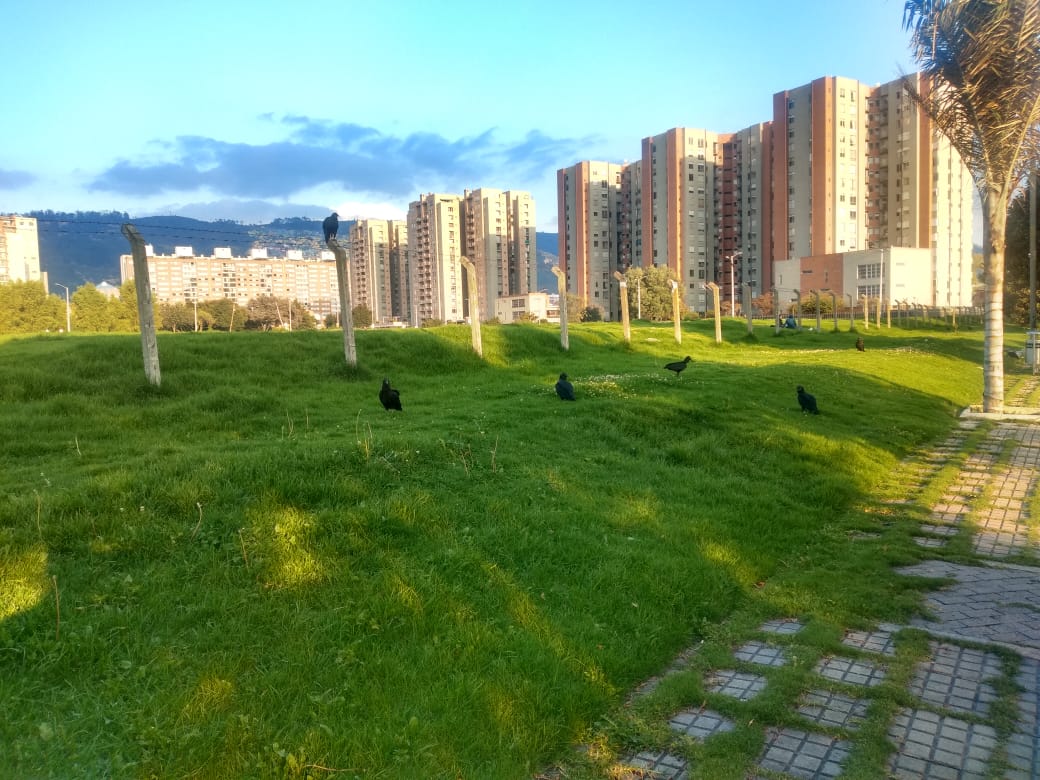
Six months into his administration, President Iván Duque has neither destroyed the peace agreement nor has he been keen to implement its main tenets. His ambivalence on peace, though, is about to change with the impending decisions on the JEP and the appointment of a terrible candidate to head the National Commission on Historic Memory. What will peace look like under Duque?
President Iván Duque has a confusing relationship with the peace agreement that was signed by his predecessor Juan Manuel Santos with the left-wing Revolutionary Armed Forces of Colombia (FARC) guerrilla group. During Duque’s tenure as Senator, he constantly berated the agreement as a State capitulation to terrorism and a deal tantamount to impunity for the worst kind of human rights violations. His election in May 2018 was largely credited to his opposition to the peace agreement. This gravely concerned those who, like me, believe that an imperfect peace is better than a continued conflict.

As president, however, Duque has not completely opposed the peace agreement. In fact, he has reportedly recognized that the peace agreement abides by the parameters laid out by the Rome Statute and the International Criminal Court and that he would continue to support the reintegration of ex-combatants. This is cause for optimism to those who believe the international community will nudge Duque to make greater strides to peace.
On the other hand, Duque has not made any commitment to make good on the government’s word to implement the peace agreement. There are serious setbacks in several points of the implementation. Most concerning are Duque’s lackluster support for the Special Jurisdiction for Peace (JEP) the transitional justice agreement contained in the peace agreement; his appointment of Darío Acevedo as the Director of the National Center for Historic Memory; and his decision not to set aside funds for the implementation of the peace agreement in the national development plan. That leaves many wondering, what’s at stake for the future of peace under Duque?
To JEP or not to JEP
Simply put, the transitional justice component of the peace agreement is the backbone of the carefully etched document between the government and the FARC. As all peace agreements, it carefully crafted a fine balance that satisfied the government’s obligation to meet minimum standards for justice under an international framework and provided light sentences for the parties in conflict in exchange for a commitment to submit to an integrated system of truth, justice, reparation, and non-repetition.
This was a central component of the 300-plus page of the peace agreement, which was ridden with legalese, and became the starting point of a discussion in Congress. During the deliberations of the legislative body, chaired by Rodrigo Lara of Cambio Radical, the mandatory nature for third parties and private sector companies to make part of the JEP proceedings was instead made voluntary, weakening the efforts to provide holistic justice. Nevertheless, Congress narrowly passed the framework to greenlight the JEP which was later sent for review to the Constitutional Court. The Court made suggestions to modify the agreement but ultimately gave its endorsement. So far, so good. Ordinarily, Congress would incorporate the changes from the Constitutional Court and submit them for the President to sign. However, both Congress and the President changed.
The ruling Centro Demcrático party’s disdain for the JEP has been plain as day since the inauguration of President Duque. However, their disregard for the due legislative process became evident last week, when it was discovered that Senate President Ernesto Macías made alterations to the text sent from the court and then blamed the errors on his printer. Yeah right! Macías begrudgingly fixed his mistakes and submitted for the president’s signature. Now the president’s supporters are urging him not to object the JEP statute on political grounds – an unprecedented move. Not surprisingly, this has not been well received by some in the Liberal Party who were major proponents of the peace deal.
Historic Memory
They say the third time is the charm, but the third candidate that was put forward by Duque to head up the National Center for Historic Memory (CNMH), Darío Acevedo, is a really bad choice. Acevedo is tasked with heading up an institution that is supposed to reconstruct piecemeal the history of the conflict of Colombia, that is supposed to drive a pedagogical process to educate the public on the complex history of the conflict, and that is supposed to publish the first draft of the official version of history.
Well, it turns out that Acevedo does not believe that the country was engaged in an internal conflict. According to him, the country was under a series of attacks perpetrated by terrorist and criminal groups. Sure, Acevedo is not alone in thinking this and as a private citizen he can think whatever he wants, but as the head of the institution that is supposed to write the first draft of history, there are many questions about how that will go!
Future of peace?
What can we expect from a government that has not made significant efforts to implement the peace agreement?
First off, the government is not likely to convince current factions waging war against it, namely the left-wing National Liberation Army (ELN) guerrilla group, that it is intent on finding a negotiated outcome. Last month’s events greatly diminished the chances of there being a negotiation during this administration with that group. The attacks by the ELN against infrastructure targets and its proximity to the regime of Nicolás Maduro add a volatile element to the tense relationship that Colombia has with Venezuela.
Secondly, the government’s refusal to honor the chapter in the peace agreement aimed to promote an integral rural reform will make matters worse for social leaders, rights-based organizations and minorities in rural areas, as I explained in a previous column. It is a clear signal that this government will not address one of the central drivers of conflict in Colombia, which revolves around land ownership and concentration as well as a history of forced displacement and dispossession.
Lastly, Minister of Foreign Affairs Carlos Holmes Trujillo said that the Duque Administration refuses to honor commitments made by its predecessor – which implies a gigantic moral hazard on behalf of the Colombian state going forward. If the Duque government does not recognize what the Santos Administration signed, what is to stop a successor government doing the same? The government is signaling ignorance of diplomatic protocol, judicial precedent, and – most importantly – its own constitution which, in article 22, states peace is a right and a duty. Compliance with it is mandatory.
Sergio Guzmán is the Director of Colombia Risk Analysis, a political risk consulting firm based in Bogotá. Follow him on twitter @serguzes and @ColombiaRisk
This opinion column is intended as a space to discuss some of the most pressing issues faced by Colombia and the region in these uncertain times. All opinions and content are solely the opinion of the author and do not represent the viewpoints of The Bogotá Post.





